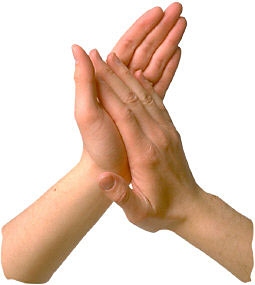Forgive me if this is a topic that has been discussed before, but I only came across this recently, and to be perfectly honest, I was stunned by the conclusions of the author.
I had always assumed that the right gave very little, other than to churches etc, but this study suggests otherwise.
Now, the easy thing to do is attack the author, and given his Conservative credentials it is certainly easy to do. But he does seem to be using empirical evidence, and rather than just dismiss something that does not conform to my views, I prefer to examine it.
So, here are the findings of the author:
- Religious conservatives are far more charitable than secular democrats.
- Those who support the idea that government should redistribute income are among the least likely to dig into their own wallets to help others
- Religious people gave about 3 and a half times as much as non-religous.
- Even with religious charities excluded, they still gave marginally more.
- Households headed by a conservative gave roughly 30% more to charity, even though the Liberal households earned slightly more.
- Republicans also donated more of their time than Democrats.
So, my questions then are:
1) Can this report be believed, or is it total bunk?
2) Does the trend also follow in Canada?
3) Why do religious people give more non-religious donations?
4) Why doesn't the left give more?
5) Are there some that think political opinions are a substitute for charity?
There is an article that discusses it here:
http://philanthropy.com/free/articles/v19/i04/04001101.htm











 . I just continued my own thinking from your starting point.
. I just continued my own thinking from your starting point.


